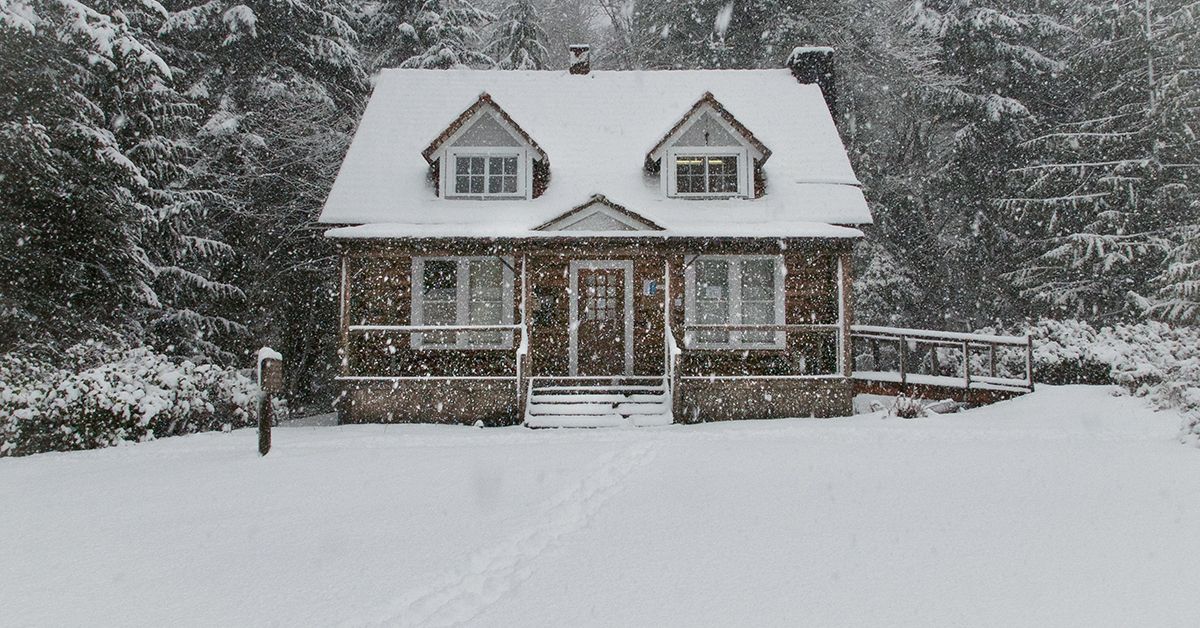
In order to protect the investment that you have in your home, it’s necessary to perform some annual and routine checkups before the winter months come into full swing. The following list will help keep your utility bills to a minimum and protect your investment. Cold-weather home safety and maintenance is important to keep up with.
Furnaces and Heating Systems:
Have a heating and air conditioning technician perform an inspection on your furnace. This inspection involves ensuring that the system is in good repair, is clean, contains new filters, doesn’t leak carbon monoxide, and is reaching its best manufacturer-rated efficiency. Chimneys should also be cleaned.
Windows and Entrances:
Be sure to check the caulking and weather stripping around windows and doorframes. If the existing caulk is cracking or in poor condition, it will be necessary to reapply the caulking or weather stripping.
Gutters:
Near the end of fall, make sure to clean all of the debris from your gutters. Downspouts should deposit water runoff at a minimum of three to four feet from the home.
Exterior Faucets:
Disconnect garden hoses, drain your lawn sprinklers, and drain outdoor faucets. If your home isn’t equipped with frost proof faucets, then turn off the shutoff valve from inside your home. Water in pipes can freeze and burst from the expanding ice.
Lawn Equipment and Winter Essentials:
Be sure to drain the gas from your lawn mower and other gasoline powered machinery used in the summer months. Allow the equipment to run until all the gas is used and the carburetor is empty. Gasoline can decompose during winter months and cause difficulty when starting the equipment at the beginning of summer. Stock up on ice-melting products as well.
Insulation:
Be sure that you have enough insulation in the attic and duct work coming from the furnace. If ductwork is not properly insulated or well-connected, a heating unit can lose as much as 60 percent of heated air before it reaches the vents.
Dryer:
Be sure to check the vent behind your dryer. It should be clear of any lint or objects, reducing the event of a fire.
Fire Alarms:
Check the batteries in your smoke alarms and be sure that they are in proper working condition.



The team at Hauptman, O’Brien were amazing. They helped me with my lawsuit and got it resolved so quickly. They gave good advice and they never seemed like all they wanted was my money, they genuinely cared to help me! Would definitely recommend them to anyone who has had an injury accident!